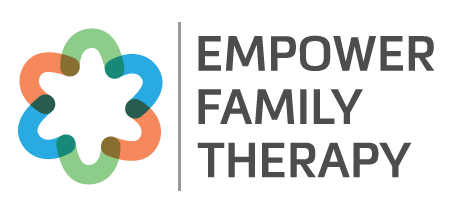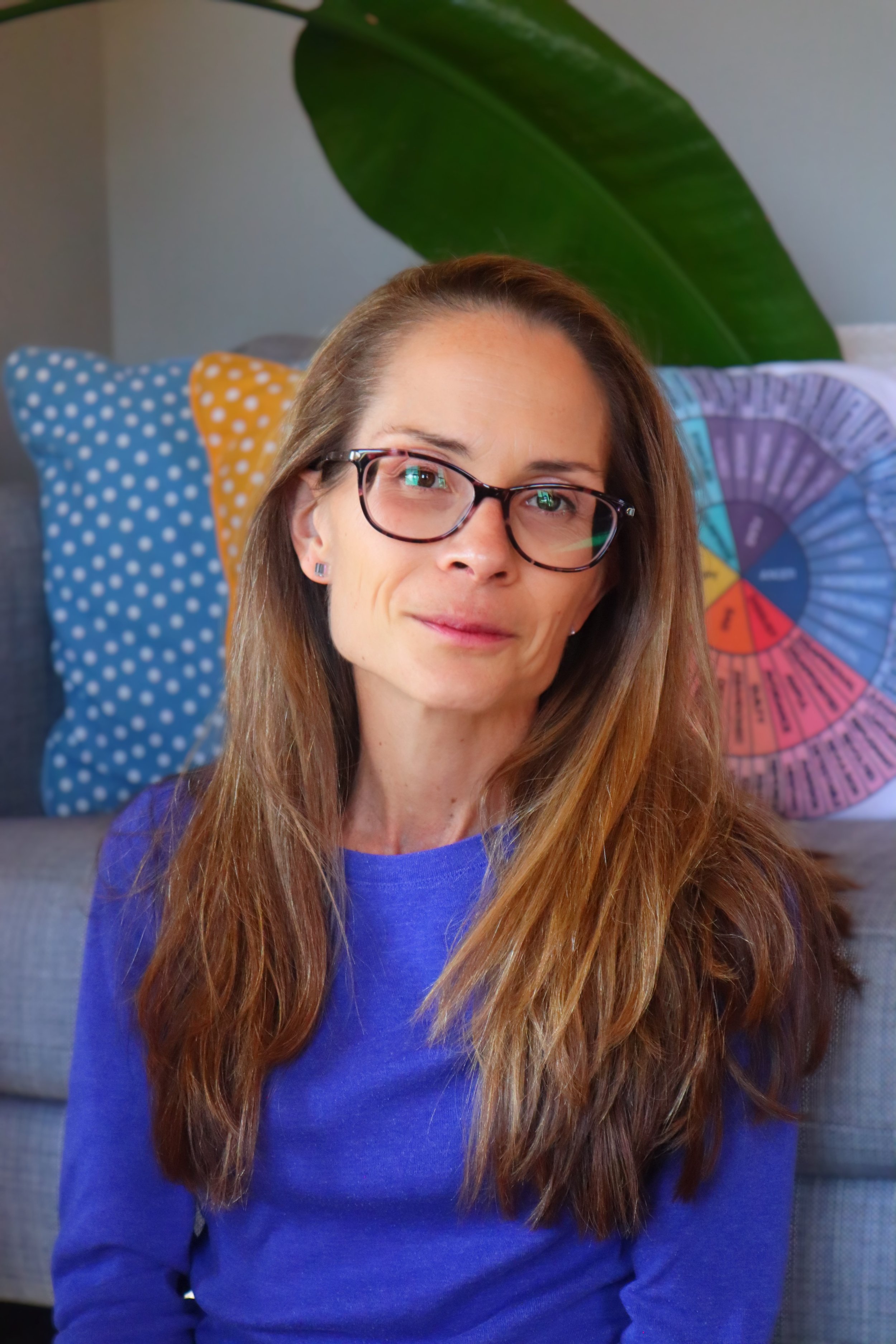About Julia R.
I work to make sessions with kids, teens, and families reliably comfortable, often fun, and always open to creativity. I try to be transparent and help everyone feel respected. Playfulness, acceptance, curiosity, and understanding are my guides. I think it’s a good thing when clients can disagree, ask questions, or say they have a different idea. Speaking up is a sign of investment in our work.
I want my clients to know that we will NOT just sit and talk, that doing things together and sharing experiences is very important to me. Feeling comfortable and engaged is important for building trust, but also for having a brain and body that is ready to think and work on challenges. Sharing experiences also helps everyone be genuine and feel better understood. I believe that therapy can offer a sense of safety for the mind and body to have and notice experiences in different ways.
In addition to individual work with kids, teens, and adults I also work with their parents and families. My work with parents is to support them in problem solving family challenges, and coping with the unique emotional demands of raising children, especially those with unique needs.
I welcome clients who feel isolated, “different”, or that they are the only ones who don’t know how to handle different situations. I help these clients understand that therapy is less about “fixing” the problem and more about gathering information and skills to help navigate the world. All humans are a work in progress, and being willing to change takes a lot of strength; just coming for therapy is a sign of great potential! I love this quote from Charlie Mackesy: “Asking for help isn’t giving up, it’s refusing to give up.”
When I’m not at work, you might find me out for a walk, meditating, spending time with friends and family, or at the library. I collect quotes, fun socks, and persist in sending mail to people the old fashioned way - with a postage stamp! Knowing how to enjoy life helps remind me to live in kind, generous, and helpful ways.
“I work to make sessions with kids, teens, and families reliably comfortable and creative, a welcoming space of openness and acceptance.”
- Julia Rodriguez, LCPC, OTR (She/Her)
Julia is a staff therapist at Empower Family Therapy. She has completed her MA in Counseling Psychology and her Master of Occupational Therapy. She is a licensed clinical professional counselor and registered occupational therapist. Julia receives direct supervision under Aubrey Reynolds, LMFT.
To schedule an appointment with Julia, contact us and mention her name.
Julia’S SPECIALTIES INCLUDE:
Neurodivergent Support (ADHD & Autism): interventions for emotional regulation, communication, relationships, autonomy, and self-acceptance in neurodivergent individuals.
Anxiety & Mood Disorders: Coping tools and strategies to manage anxiety, depression, and stuck patterns limiting daily life.
Medical Anxiety & Adjustment: Support for children, teens, and families facing chronic illness, medical trauma, and treatment-related anxiety.
Play, Sensory & Mindfulness Therapy for kids and teens
Parenting & Family Therapy: Support for individuals and families to build resilience, regulate emotions, and strengthen relationships at any age.

